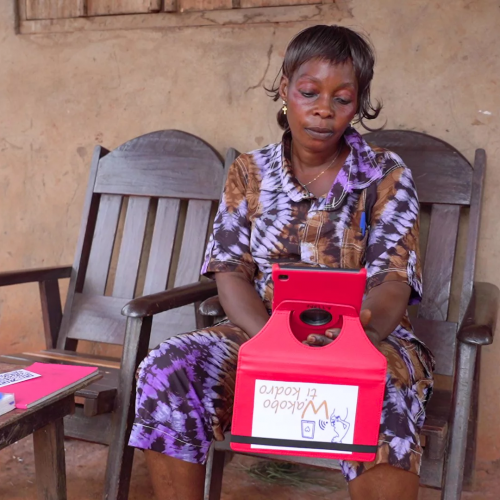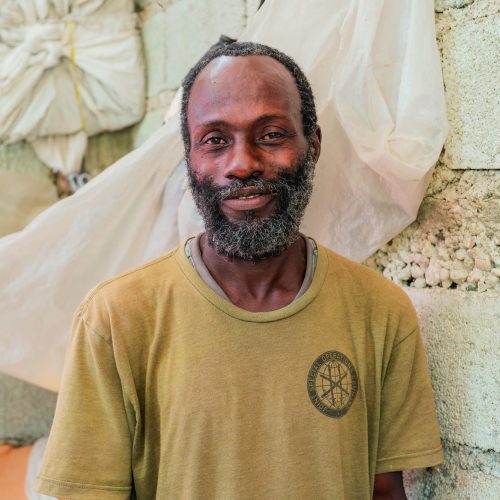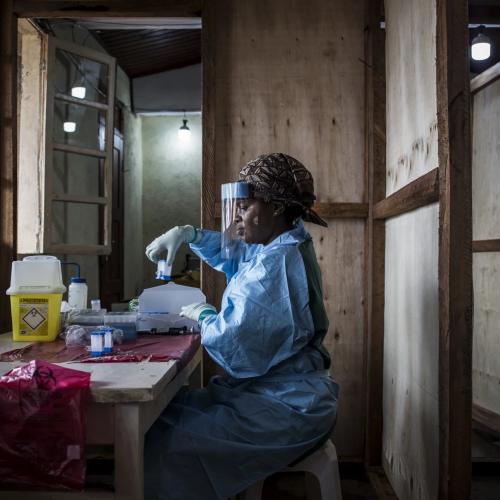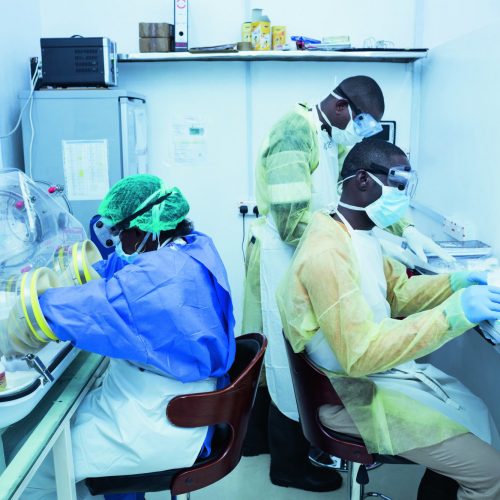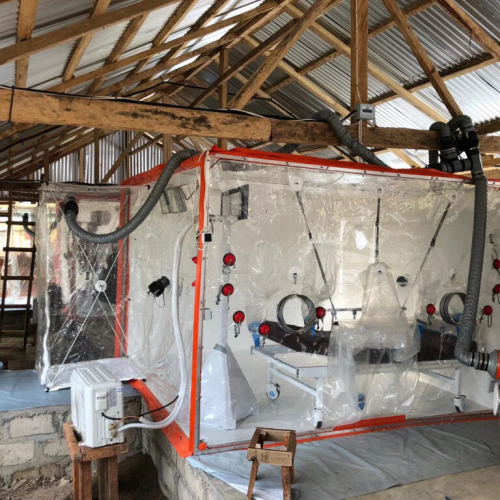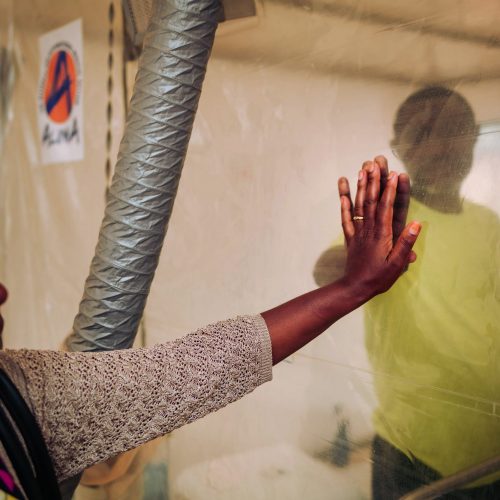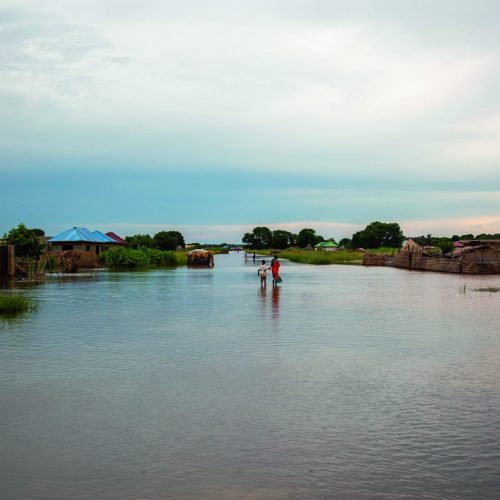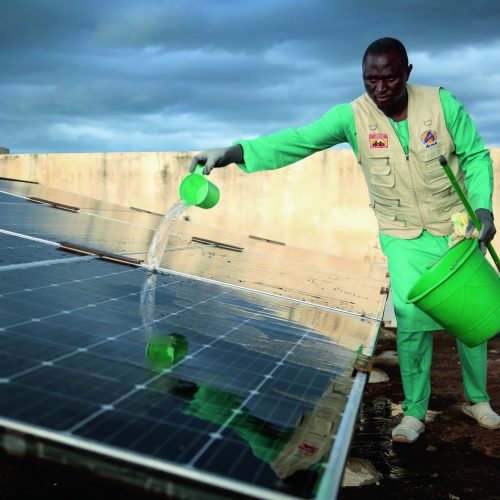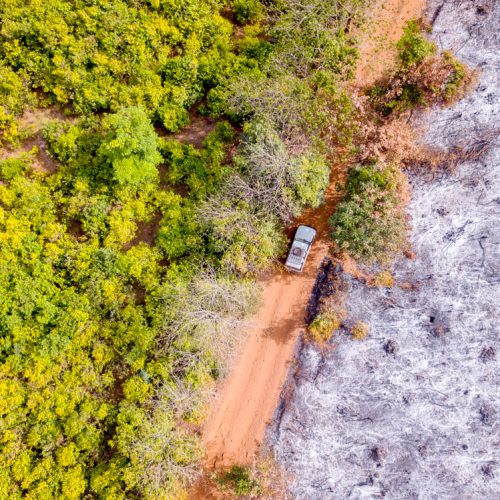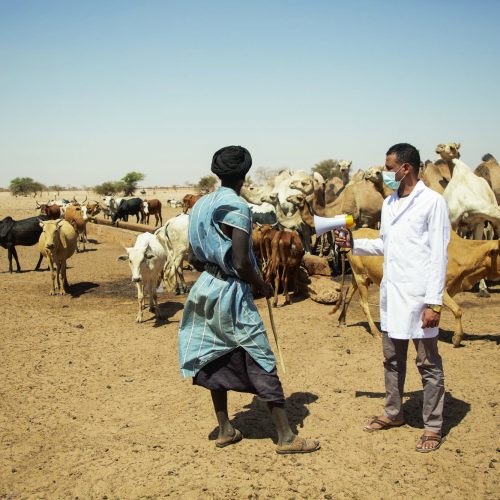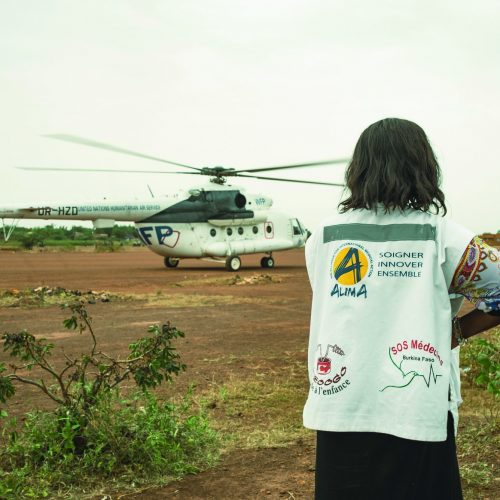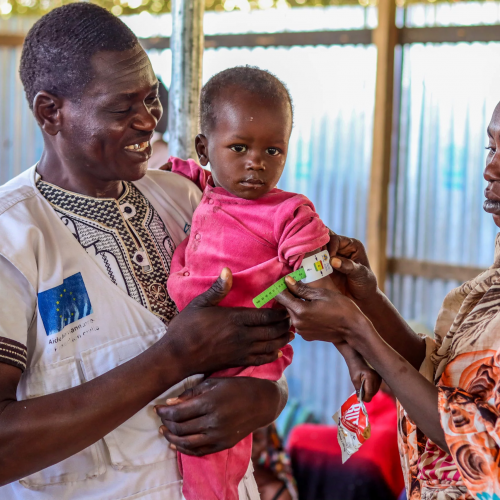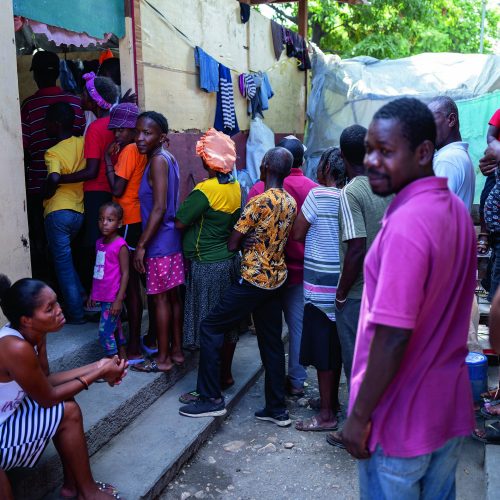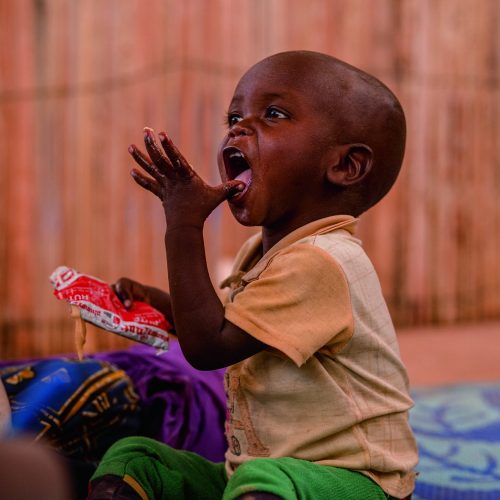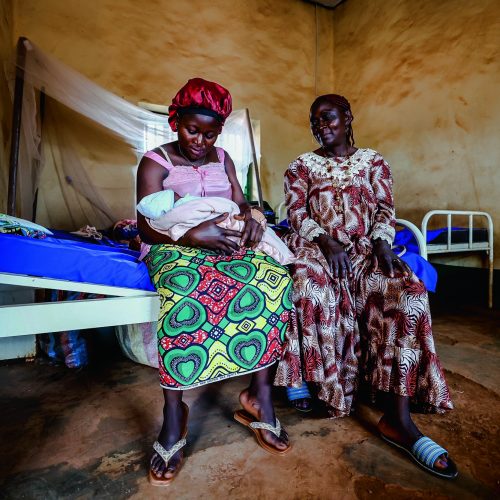Our professional development policy
Support, train, transform.
ALIMA is looking for committed professionals to transform humanitarian medicine. We offer career development opportunities in all humanitarian medical professions, in our field operations or at our headquarters in Dakar, thanks to our policy of career support and counseling.
Building capacity
ALIMA supports its employees from the moment they join the organization and throughout their contract by providing guidance and capacity building to achieve three main objectives:
- Help ALIMA employees improve their performance in implementing medical and operational projects.
- Prepare and support organizational changes (new tools, technologies, etc.) and the structuring of the organization.
- Strengthen the bonds between ALIMA employees and encourage sharing lessons learned.
To this end, capacity-building actions are structured and prioritized as follows:
- Employee integration and cross-functional training
- Capacity building to support ALIMA’s structuring and organizational changes
- Support to help employees improve their job skills
- Career management
We prioritize systematic group training sessions with a strong organizational impact, such as safety training, epidemiology and statistics training to strengthen research, project management, team management, and train the trainers.
On a more individual basis, ALIMA can provide other forms of support and capacity building, such as coaching and mentoring. Employees who want to move abroad or take on a new position can also take advantage of detachment or temporary assignments.
In addition, ALIMA supports its employees in their continuing education and academic training.
The IFIT (Individual Fund for International Training – FIFI in French) is a training program that allows ALIMA employees to attend degree or certification courses, with financial support in the form of a grant that covers half of the training costs.
This individual training fund is offered to employees according to clearly defined criteria (job level, seniority, motivation and career plans).
With IFIT, ALIMA is helping to meet a major challenge: developing the skills of personnel from the countries in which it operates, where access to education and training leading to a diploma is sometimes difficult and scarce.
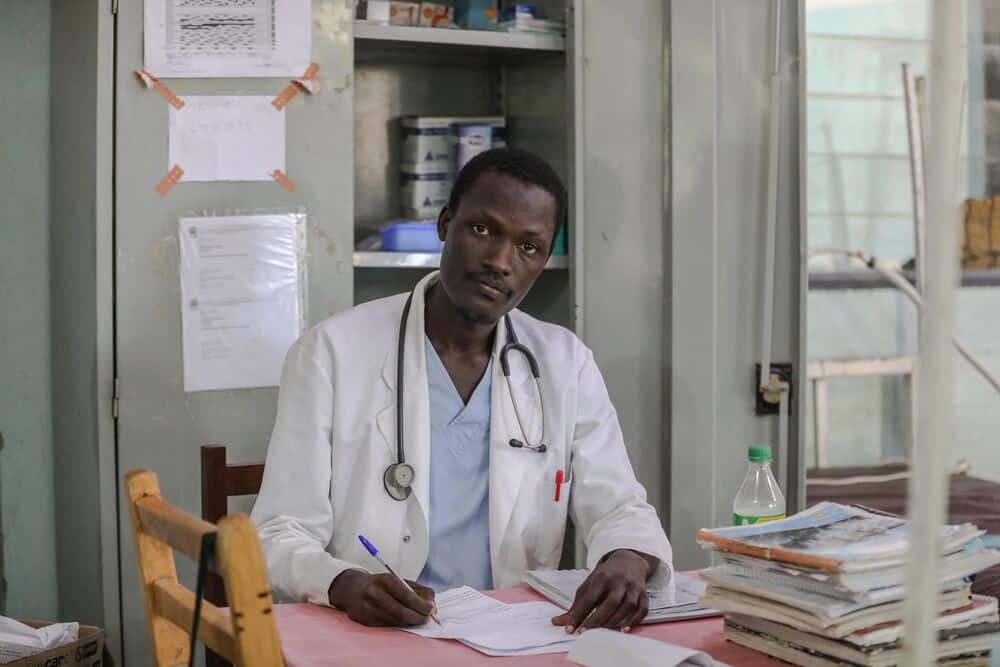
Our special relationship with educational institutions
ALIMA has developed privileged relationships with leading schools in the humanitarian field (Bioforce Lyon & Dakar, Center for Humanitarian Leadership at Deakin University, etc.), in the medical field (Senghor University in Alexandria, Egypt, Paris Nanterre University in France) and in research (ISPED Bordeaux, etc.), so that we can guide our employees towards training courses that are recognized by the global humanitarian network.
In particular, we have strengthened our partnership with Bioforce, where ALIMA experts regularly participate as trainers. ALIMA is also a member of the Bioforce Board of Directors.
ALIMA also has a privileged relationship with the Center for Humanitarian Leadership. Each year, several ALIMA managers take the course for the Diploma in Humanitarian Leadership. Moumouni Kinda, ALIMA’s Chief Executive Officer, is sponsor for the 2023 class.
Finally, every year, ALIMA’s research team mobilizes experts and trainers from ISPED (Institut de Bordeaux, France) to co-organize a training course on fundamental concepts in epidemiology and statistics. This course has become indispensable, and many ALIMA staff have trained at ISPED with the support of ALIMA, either in-person or online.
Cover picture : © Olympia de Maismont / ALIMA
